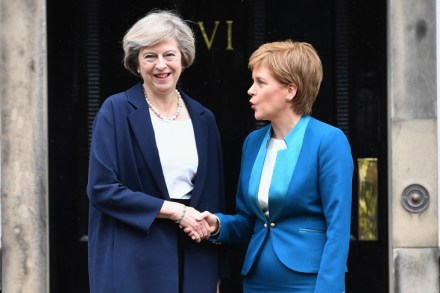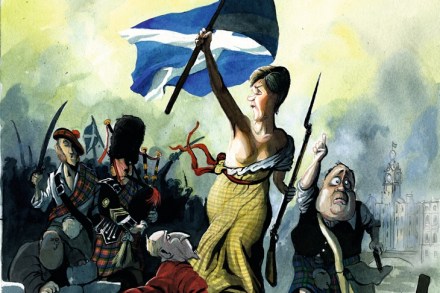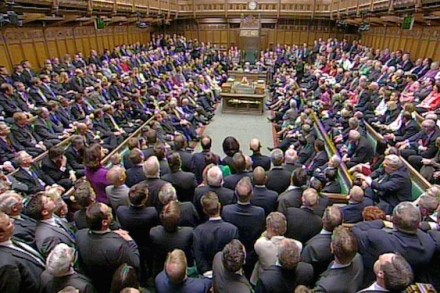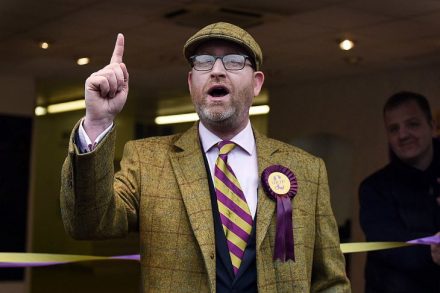The SNP is a strong fighting force. Is May prepared for what lies ahead?
Nicola Sturgeon’s announcement may have taken Westminster by surprise but it wasn’t a shock to her party leadership. Indeed, by the time the First Minister left her Bute House press conference this afternoon, a new Yes campaign website was already up and running with appeals for money, campaign material and a video from Ms Sturgeon explaining her decision. That should be another sharp reminder to the unionist parties that they are dealing with a very, very competent electoral machine in the SNP. This is a party, after all, which has wiped the floor with its opponents in all recent elections and which, crucially, has learned its lessons from its failed independence bid



















